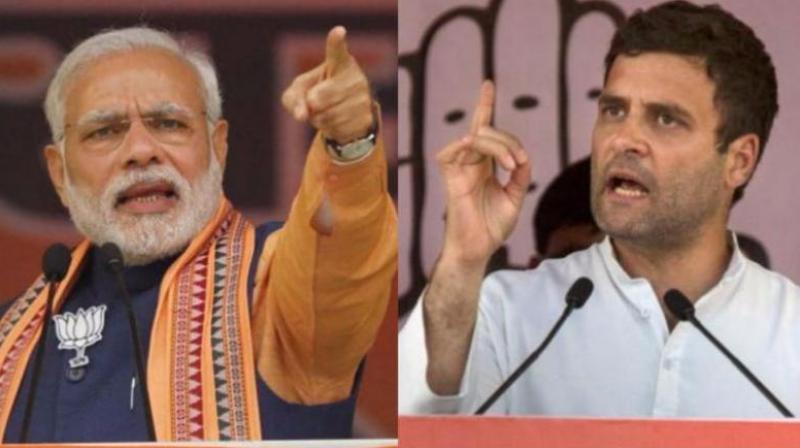‘Love’ and ‘hate’ in politics

Since about the middle of 2017, Congress president Rahul Gandhi has had a political rebirth. This second wind has brought favourable results for his party in various Assembly elections, and put an end to the public disparagement he has had to suffer in the past at the hands of his detractors. And yet, there are things that the Congress leader can put right in order to be deemed a weightier politician.
Perhaps the most important of these is the “love guru” syndrome, of which Mr Gandhi appears to have become an unwitting victim.
If Prime Minister Narendra Modi’s principal political rival accuses him of “using hate” in the ongoing election campaign, as Mr Gandhi did once again in public remarks on Sunday after casting his vote in the New Delhi constituency, while proclaiming that “we used love”, the Congress president might do well to appreciate that “love” doesn’t quite fit into the lexicon of politics. In fact, it isn’t the opposite of the “hate” that he refers to.
“Love” belongs more to the vocabulary of the Buddha or of pop music. In politics, “tolerance” might be a better fit as an antonym of “hate”, as in hate speech or hatred toward people and communities, and more apt expressions can be found, depending on the context.
Senior BJP leaders have indeed said nasty and untrue personal things about Mr Gandhi’s immediate family, which may be suggestive of “hate”. But the reply in terms of “love” suggests a degree of other-worldliness, which for a party chief is best avoided. In general, the Congress leader is in need of a more diversified range of words that he may summon at will.

